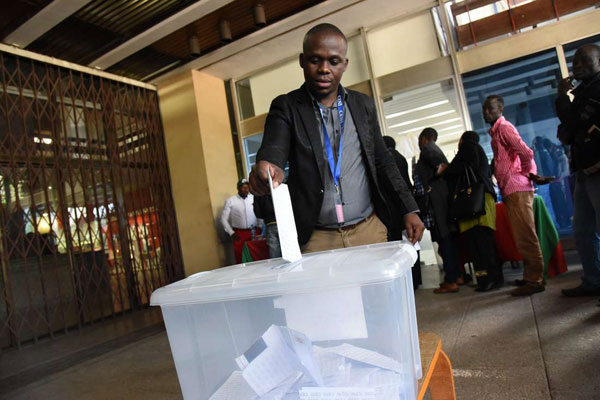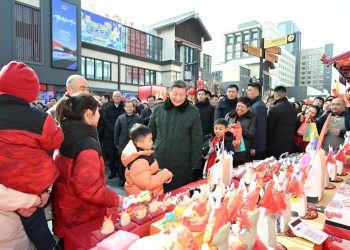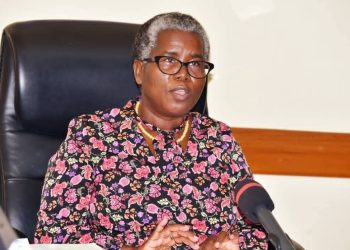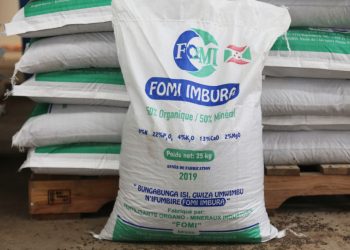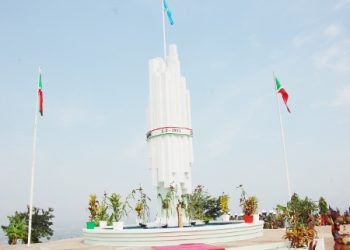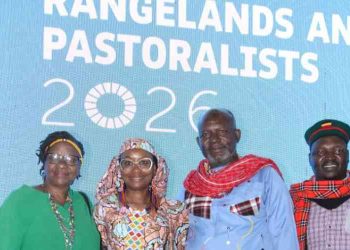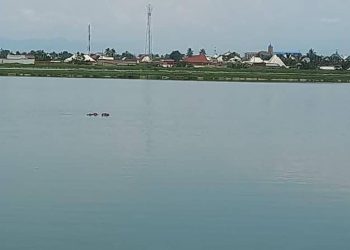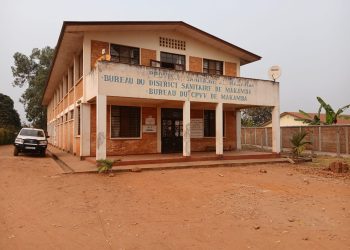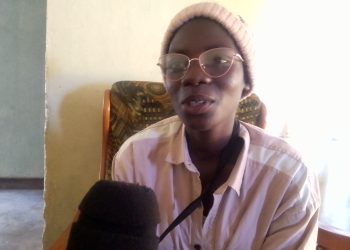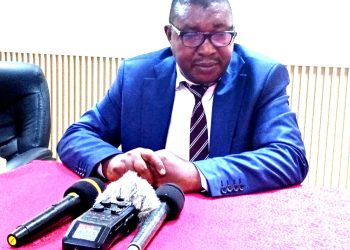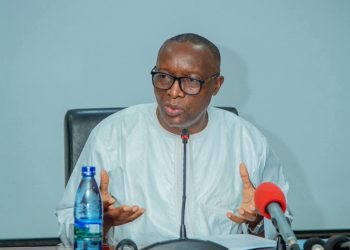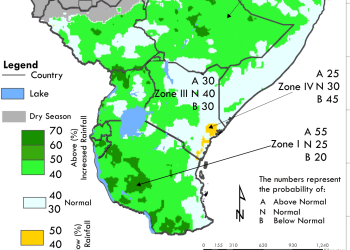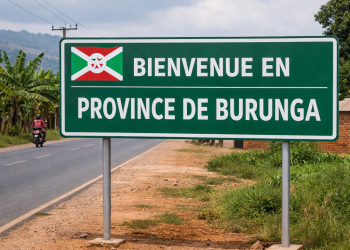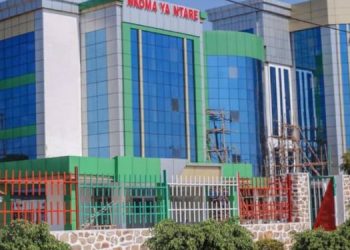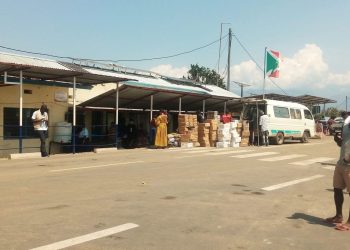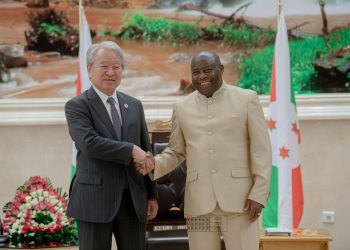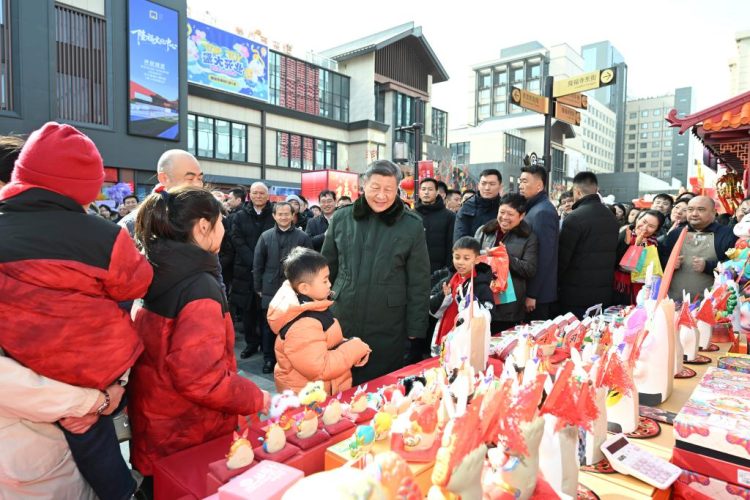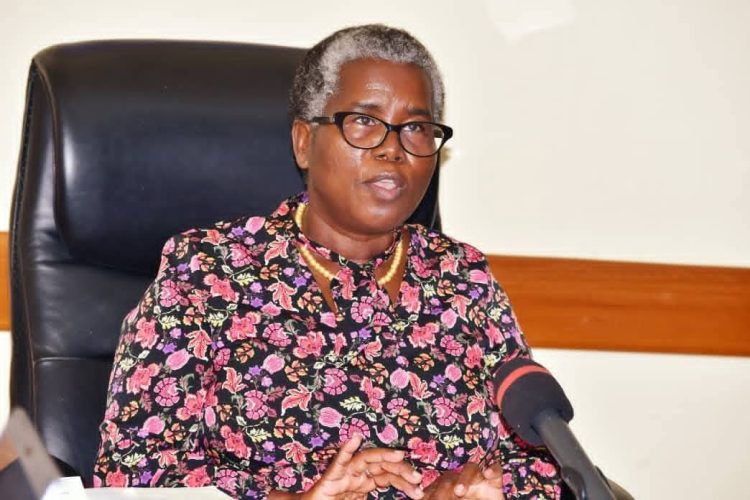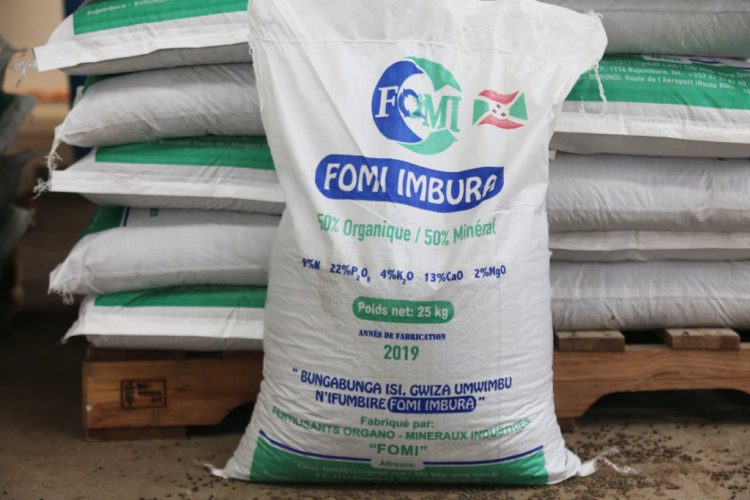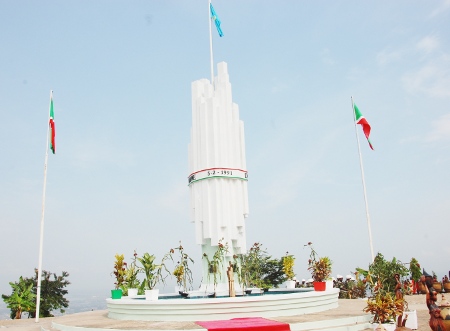Though the main focus of Burundi’s Thursday referendum is the extension of President Pierre Nkurunziza’s rule, the vote is certain to fundamentally change the politics and the governance of the country.
A new post for a prime minister, the scrapping of the second vice-president post and a clause that could change the Hutu and the Tutsi ethnic quotas in the Senate and the National Assembly, are all in the package.
The new constitution would also make it impossible for defectors from any political formation to re-enter a contest for at least two years.
Below are some major changes that the referendum vote promises vis-a-vis the current law:
DRAFT:
- Article 49: No citizen may be forced into exile.
- Article 50: The right of asylum is recognised under the conditions defined by law. No Burundian can be extradited.
CURRENT:
- Article 49: No citizen can be forced into exile.
- Article 50: The right of asylum is recognised under the conditions defined by law. Extradition is permitted only within the limits provided by law. No Burundian may be extradited abroad unless he is prosecuted by an international criminal court for the crime of genocide, war crime or other crimes against humanity.
————————————
DRAFT:
- Article 99: Candidates may be nominated by political parties or coalitions of political parties or may stand as independents. To be considered independent, the candidate must not have claimed association with any political party for at least a year. A member of a political party may stand for election as an independent candidate only after the expiry of a two-year period since being removed or resigned from his party of origin.
CURRENT:
- Article 98: Candidates may be presented by political parties or stand as independents. To be considered as independent, the candidate must at the time of nominations not be affiliated to any political party.
————————————
DRAFT:
- Article 128: The Government includes the Prime Minister and other ministers. It is open to all ethnic components. It comprises, at most 60 per cent Hutu ministers and, at most, 40 per cent Tutsi ministers. The Government must also comprise a minimum of 30 per cent of women.
CURRENT:
- Article 129: The Government is open to all ethnic groups. It comprises, respectively, not more than 60 per cent Hutu and not more than 40 per cent Tutsi ministers and vice-ministers ministers. It must also comprise a minimum a 30 per cent women.
————————————
DRAFT:
- Article 98: The President of the Republic is the head of the executive. He is assisted in his duties by the Vice-President of the Republic.
- Article 129: The Prime Minister is the Head of Government.
CURRENT:
- Article 92: The executive power is exercised by a President of the Republic, two Vice-Presidents of the Republic and members of the Government.
————————————
DRAFT:
- Article 97: The President of the Republic is elected by direct universal suffrage for a renewable term of seven years. No one may serve more than two consecutive terms.
CURRENT:
- Article 96: The President of the Republic is elected by direct universal suffrage for a term of five years renewable once.
————————————
DRAFT:
- Article 289: A five-year deadline is granted to the Senate to evaluate the ethnic quotas in the Executive, the Legislature and the Judiciary after the establishment of the institutions resulting from this Constitution.
TheEastAfrican

